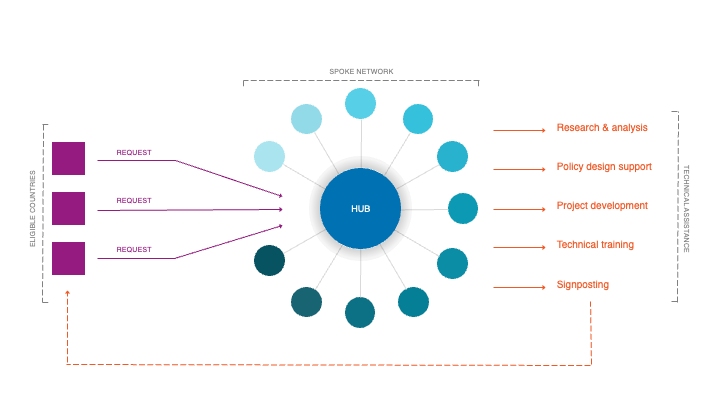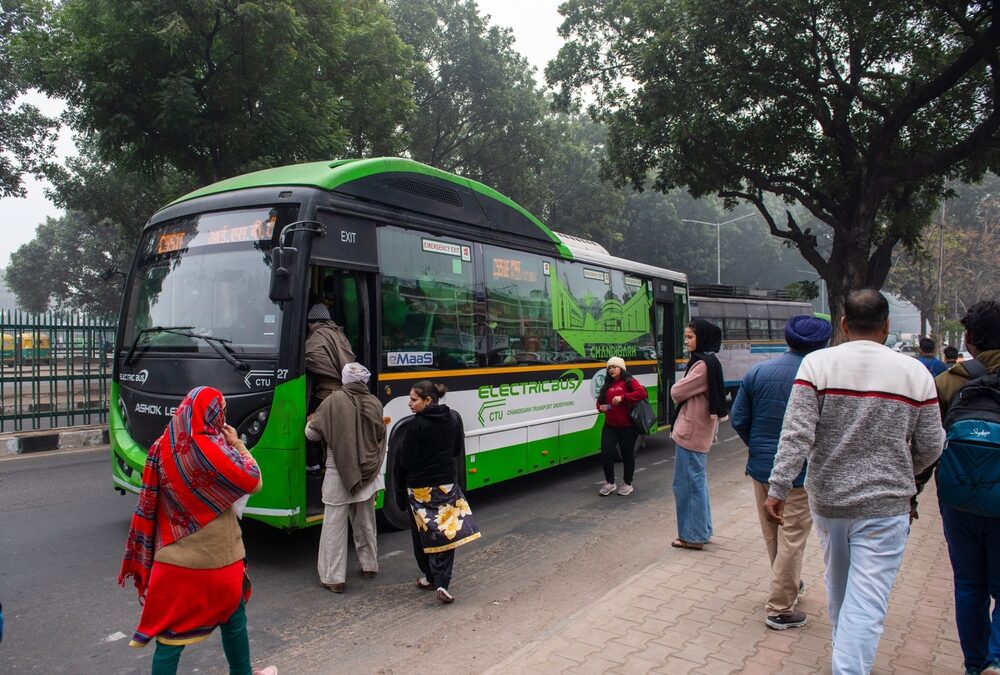Last year, China, the United States, United Kingdom, and European Union led the way in the transition to zero-emission vehicles (ZEVs) with almost 90% of global sales. While this indicates good progress, it also highlights how emerging markets and developing economies (EMDEs) risk getting left behind. By 2040, it’s projected that over half of global internal combustion engine vehicles on the road will be in EMDE countries. This will have significant implications for global climate targets as well as air pollution and public health issues within the EMDE countries.
With this in mind, at COP27, ministers and representatives from some of the world’s largest and most progressive car markets under the Zero Emission Vehicles Transition Council (ZEVTC) launched the ‘Global Commitment’ to strengthen international assistance for EMDE countries in their efforts towards a faster ZEV transition. Through a series of ZEV Regional Dialogues conducted with over 40 EMDE countries, the ZEVTC identified two prominent gaps in ZEV-related international assistance for EMDEs: (i) A lack of agile response to targeted, short-term, and urgent EMDE technical assistance needs; and (ii) difficulties accessing existing technical assistance opportunities. To tackle this challenge, the ZEV Rapid Response Facility (ZEV-RRF) was created under the direction of ZEVTC in February 2023 to provide coordinated, easy, and quickly accessible short-term technical assistance on ZEV transition issues to EMDE countries.
“The Facility has been designed as a nimble mechanism that responds to short-term needs by connecting emerging economies with a network of experts and delivery partners,” says Rachel Muncrief, Acting Executive Director at the International Council on Clean Transportation (ICCT), which serves as the ZEVTC secretariat. “The ZEVTC and broader stakeholders understand the importance of addressing gaps in technical assistance within emerging economies.”
The ZEV-RRF operates as a hub-and-spoke model whereby the Hub (International Council on Clean Transportation) collects requests from eligible countries and matches them through a fair and transparent process with a suitable technical partner within the Spoke network who has the capacity to assist. The Facility responds to requests in different ways, including the development of bespoke projects or signposting to existing resources.

The ZEV-RRF responds to the requests of EMDE countries in various ways.
Currently, the ZEV-RRF is open to EMDE countries that have signed the ZEV Declaration or the Global MOU on Medium-and-Heavy-Duty-Vehicles. In doing so, the Facility provides an exclusive avenue for ambitious governments that have signaled their commitment towards a ZEV transition. Other countries signing onto these international commitments would also gain access to the Facility.
“Signatories to the ZEV Declaration, in particular, have committed to working towards a ZEV transition in line with what is needed to meet Paris Climate Agreement goals,” says Tim Dallmann, Director of International Partnerships Program at the ICCT, “and assistance from the ZEV-RRF could help propel them forward and put them on a path to achieving their ambitious pledges.”
Detailed information regarding the Facility, and the process to apply for support, can be found online.
Cover Photo: People board an electric bus in Chandigarh, India. Via Shutterstock.

